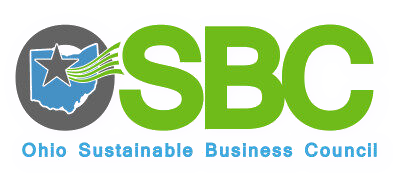On March 16th, 2016, the DARK act failed in the Senate, on a procedural vote that required a 60-vote majority to advance the legislation.
Nestle spokeswoman Edie Burge, has stated (in an AP article) that the company supports the mandatory informed disclosure of the presence of GMO ingredients in food and beverages and believes it’s best done by a uniform national approach, but will abide by state laws if they come into effect.
While the tide towards a nationwide labeling standard has momentum, some continue to resist. The newly introduced Senate bill, S. 2609, sponsored by Pat Roberts, would thwart state labeling efforts with one sentence:
No State … may directly or indirectly establish under any authority or continue in effect as to any food in interstate commerce any requirement for a food that is the subject of the bio-engineered food labeling standard under this section that is not identical to that voluntary standard.
The bill also calls on the Secretary of Agriculture to establish a “national voluntary bioengineered food labeling standard” that would prohibit labels stating that genetically modified foods are any less safe than other foods.
Moreover in section 294, the bill would establish a mandatory order for the USDA to spend taxpayer dollars to re-educate the public on behalf of the industry to promote the acceptance of GMO food. Section 294 (a) reads:
…benefits of agricultural biotechnology (GMOs), through education, outreach, and promotion to address consumer acceptance of agricultural biotechnology.
A summary of the bill by the independent GovTrack
Businesses and consumers are encouraged to remain informed on the latest developments. We at OSBC will track this issue for our members.
OSBC supports the Genetically Engineered-Food-Right-to-Know Act, authored by Senator Boxer and the Biotechnology Food Labeling and Uniformity Act, authored by Senator Merkley that establish a uniform, mandatory nationwide labeling requirement.
ShareDiscover more from Ohio Sustainable Business Council
Subscribe to get the latest posts sent to your email.



